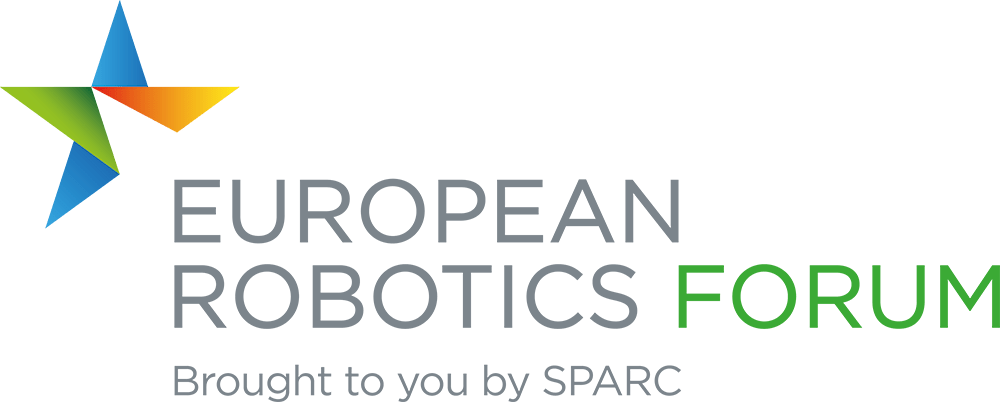ERF Workshop 2018: Perception-Models for Task Generalization in Agile Manufacturing
Organisers:
Dr. Michael SUPPA, Roboception GmbH, Germany
Prof. Darius BURSCHKA, Technical University of Munich, Germany.
Prof Achim J. LILIENTHAL, University of Orebro, Sweden.
Prof. Michael BEETZ, University of Bremen, Germany.
Motivation and Objectives:
Perception is one of the key technologies for flexible production. In flexible and agile production, robots must be able to reliably detect and locate work pieces and human collaborators. In current semi-structured environment conditions for production, mostly 2D vision algorithms are used for applications such as object detection and for quality inspection. In logistics, one of the hot applications in collaborative robotics nowadays, manual work is pre dominant due to the complexity of tasks and the variation of objects. Still, most approaches today are engineered and do not allow for transferring tasks to other application scenarios. In order to enable flexible production, 3D vision technologies and methods are required. Also, the recent use of AI technologies opens up new ways of data interpretation and analysis. Therefore, the connection of these methods with innovative approaches show great potential for coping with perception requirements in agile production and logistics.
Agile Manufacturing requires a fast adaptation of a system to new environments. Many (especially learning) approaches require an extensive re-training of the system in the new environment. Current approaches aim at separation of the perception part from the general task description. It can be implemented through low level perception modules or front-layers in the learning approaches. In both cases, the research in perception can help to do it more efficiently.
In this workshop, approaches from research and industry are presented and then discussed in interactive sessions with the attendees. Business models for open source software and commercial platforms including data models are addressed to foster the discussion on the topic.
Agenda:
14:00 -14:10: Introduction by the moderators/definition of key questions
14:10-15:00: 10min presentations by selected participants:
Understanding of Process-Workflow through Identification of Action Constraints in Observed Motions, Prof. Darius Burschka, TU Munich, Germany
Perception for Long-Term Operation Enabling Adaptation To Changing Environments, Dr. Martin Magnusson, University of Orebro, Sweden
Perception-enabled Use Cases in Agile Manufacturing, Dr. Michael Suppa, Roboception GmbH, Germany
Shadow Robot Perception Challenges, Andriy Petlovanyy, Shadow Robot Company, UK
15:00-15:20: Interactive session/round table discussion of the key questions with all speakers and the audience
15:20-15:30: Conclusion for roadmapping and take home messages
